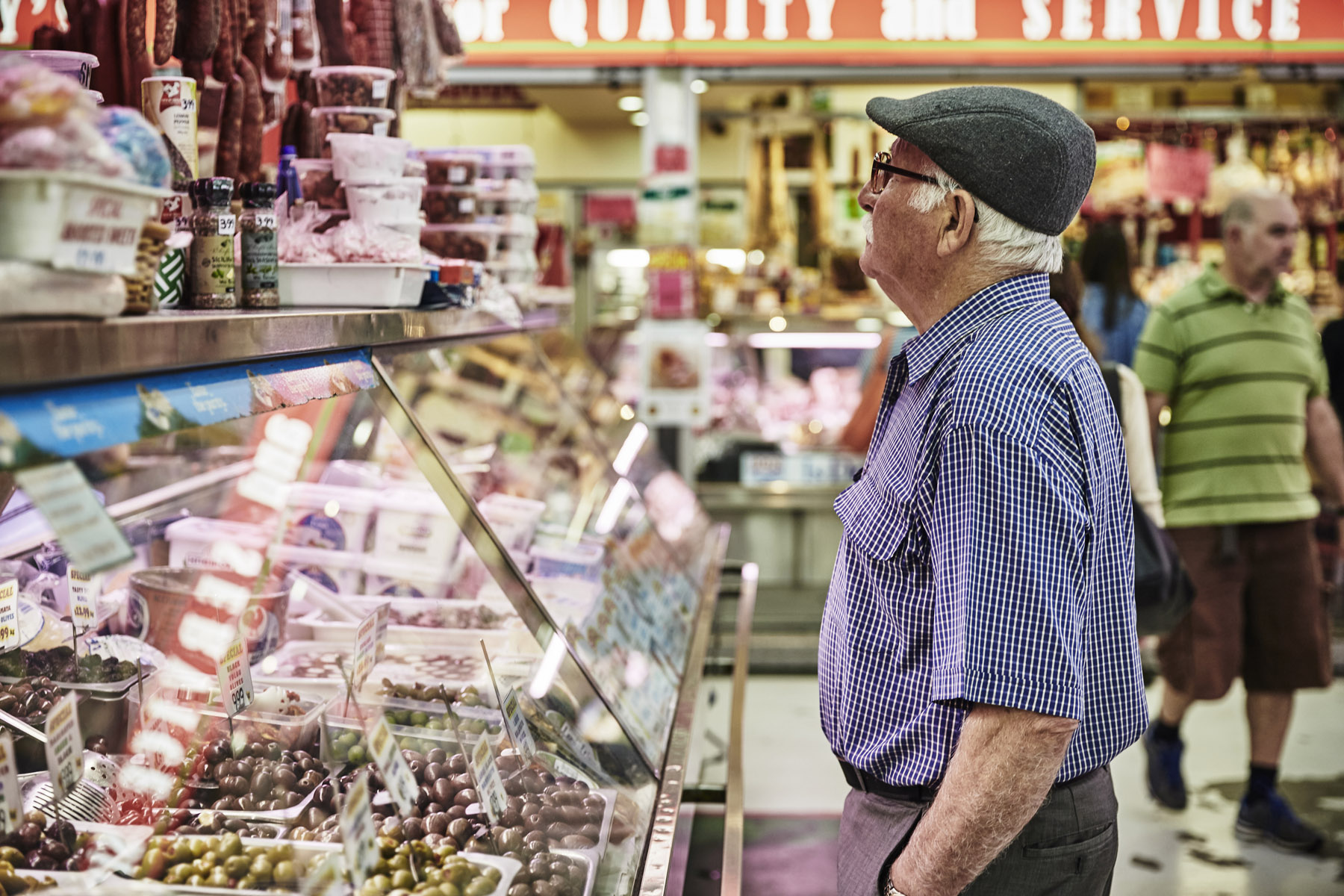In one of its latest public statements, Council said it “does not own Preston Market, nor is it able to make planning decisions for the site”.
However, its support for the project presented by construction company Salta Properties – the market’s owners since 2004, when they purchased the entire area for $36.75 million – resounds very loud today.
“Council is purely focussing on getting the best possible outcomes for the community and for traders,” it said in a statement on its website.
“There’s no question we want a thriving market to continue.
“We want a mix of diverse traders offering diverse fresh produce, especially the ones who are there now.
“We want the surrounding site to deliver usable green open space and affordable housing.
“We want the heritage value of the market to be protected.”
Despite the countermotion presented – and promptly rejected – by three councillors on Monday, May 18, and the disapproval of thousands of citizens, Council has given its consent to the Victorian Planning Authority (VPA).
The plan has been ratified, but nothing has happened yet.
The VPA has not yet finished reviewing and implementing its planning rules, while the developer has not come to Council with a development proposal, nor a request to demolish the market.
Meanwhile, there are still many factors to consider in any redevelopment, including: minimising disruption to existing traders, making sure the market is viable; and ensuring open spaces are not overshadowed by tall buildings.
“Council has also made it clear that the significant heritage elements of the market must be preserved,” the statement read.
“Council would like to see the VPA and the developer find a scenario in which all of these objectives can be achieved.”
Managing director of Salta Properties, Sam Tarascio, said the company’s intention was never to demolish or close the Preston Market.
“But what we have always repeated is that the market, as it is, cannot work,” he added.
“Daily maintenance and cleaning require excessive work, and the building should be renovated in order to respect the environment.
“We want to keep the market in the same area, but move it to a new building, next to the existing one, within the same site.
“Unfortunately, we can’t build and allow traders to work at the same time.
“In this way, we can proceed with the project and when the building is ready, operators will be able to easily move.
“We want everyone to still be able to enjoy the Preston Market during the works.”
Councillor Gaetano Greco, among the advocates of the countermotion, strongly opposes the development project, and echoed the sentiment of thousands of disappointed residents: “It is an absurd concept that endangers the 50-year history of the Preston Market, a symbol for hundreds of thousands of migrants who have passed through it over the decades.”
“The interest of the owners is obviously maximising profits,” he added.
“If they really wanted to benefit the traders, they could work in the surrounding area and not move the market to 100 or 200 metres away.
“Council’s approval of the project goes against the will of citizens and the whole community that has shopped at the market for years.”
It seems that for now, Salta Properties’ only intention is to preserve the building over time and provide more parking, therefore allowing for more customers and sustaining the market’s profitability into the future.
“Our concern is that the Preston Market’s building will not be sustainable in the near future,” Tarascio said.
“We know it’s a sensitive topic for thousands of citizens and that’s why we’ve considered the building in its current commercial area.”
“It’s important, however, that it be renovated to last over time.
“It will be better connected to the city with the construction of the new station and we’ll have a cleaner and safer market.”
In The Leopard, Italian author Giuseppe Tomasi di Lampedusa wrote: “For everything to stay the same, everything must change.”
It’s a call to break down barriers that prevent us from looking beyond and for which it is necessary to oppose a one-size-fits-all approach to values, traditions, achievements and growth.
This development model, passed down through the centuries, is based on change – to change what may soon become obsolete, leaving intact what could make us invincible.
But the question of the community echoes strongly: how to change, what to keep and in which vision to believe?












